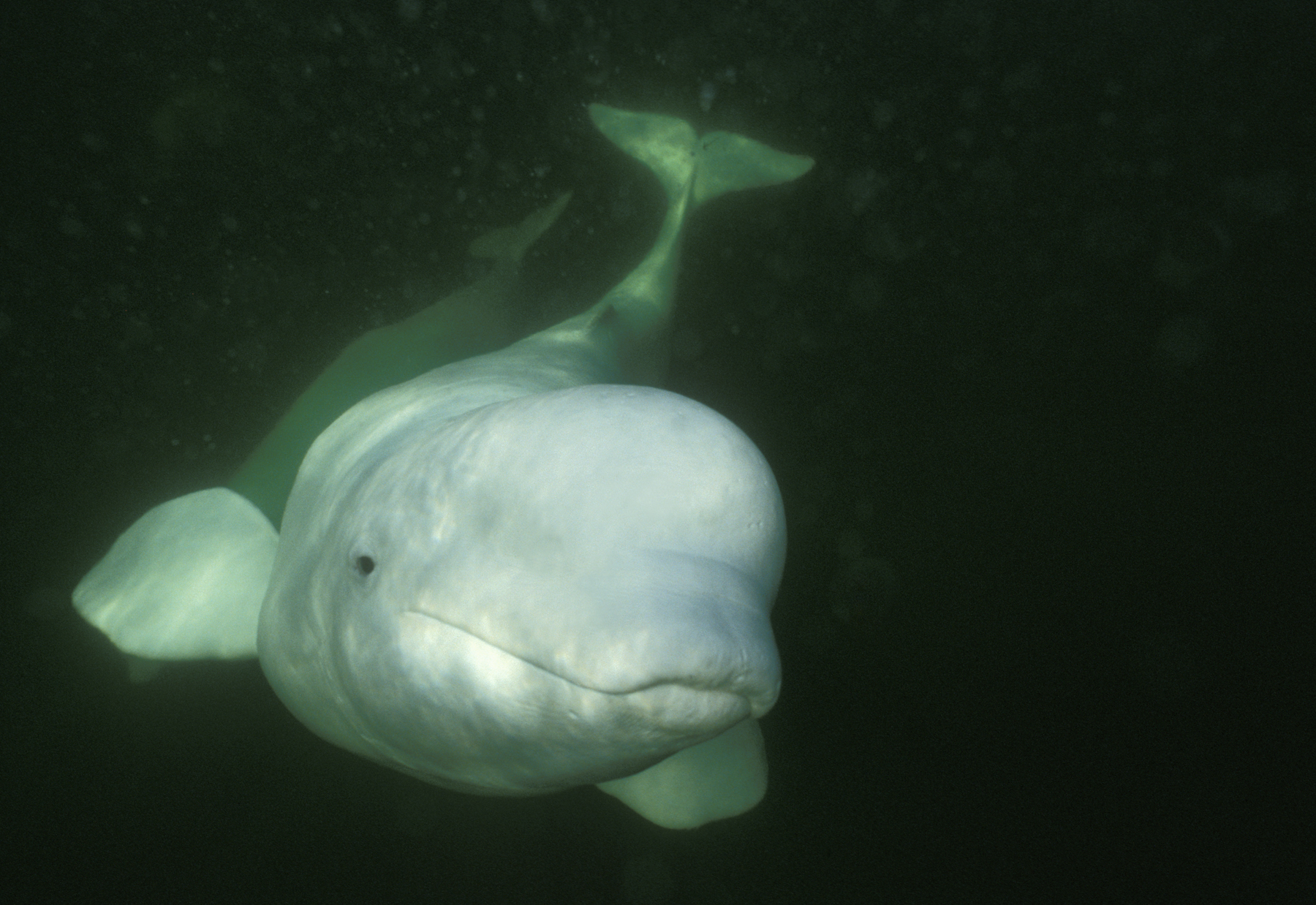
Settlement Negotiated on Cook Inlet Dredging
In August 1999, Trustees for Alaska successfully negotiated an agreement with the US Army Corps of Engineers to protect Cook Inlet beluga whales from the effects of a massive dredging project in the Knik Arm of the inlet. Earlier this spring, Trustees, representing the Center for marine Conservation, Alaska Center for the Environment, Alaska Community Action on Toxics, Alaska Wildlife Alliance, Center for Biological Diversity, Cook Inletkeeper, and the Sierra Club, had threatened to sue the Corps over the $12.6 million project, which will operate around the clock from May to November both this year and next.
The conservation groups expressed concern that the noise and disturbance from the dredging operation could disturb beluga migratory patterns and perhaps damage their hearing, which is key to their ability to navigate. Cook Inlet beluga whales have declined drastically during the 1990s and many of the same groups, including Trustees, petitioned the national marine Fisheries Service (NMFS) in March to list the whale as endangered under the Endangered Species Act. Despite this fact, the Corps had prepared a brief environmental assessment (EA) on the huge project, rather than a full environmental impact statement (EIS). The EA included only three conclusory sentences about the impact of the project on beluga whales.
Trustees pointed out these facts in a notice of intent to sue and, within two weeks, the Corps agreed to sit down with the conservation groups and discuss ways in which the potential effects of the project could be monitored and mitigated. The result was an agreement that was hailed by both sides as a model of cooperative problem-solving.
As reported to the Anchorage Daily News, Corps attorney Toni London said, “it was remarkable. They fired a short across the bow, and we stopped and said, ‘What can we do to help you?’ We invited them in, and they told us a few things. We agreed they were reasonable, and everybody is happy.”
The agreement requires the Corps to post an observer abroard the dredging vessel. The observer will take hourly observations on beluga presence and movement and file weekly reports summarizing those observations with NMFS.
The Corps also agreed to engage its Waterway Experient Station (WES) to record the underwater noise from the operation. The monitoring will follow a protocol developed by Peter Sheifele, a nationally recognized expert on the effects of noise on beluga whales from the University of Connecticut, Lloyd Lowry of the Alaska Department of Fish and Game, and representatives of the Corps and NMFS. Most importantly, dredging operations will shut down if beluga whales are in the vicinity of the dredge or the dump scow.
In exchange for these concessions by the Corps, the conservation groups agreed to not file suit. Trustees staff attorney Jack Sterne, who drafted the agreement, praised the Corps for its willingness to work out a settlement. “While much of the development community in Anchorage, including the Mayor’s Office, has engaged in hysterics about the impact of listing the whale on the economy of the state, the Corps is to be commended for its recognition that its mission also includes the protection of wildlife,” said Sterne.


